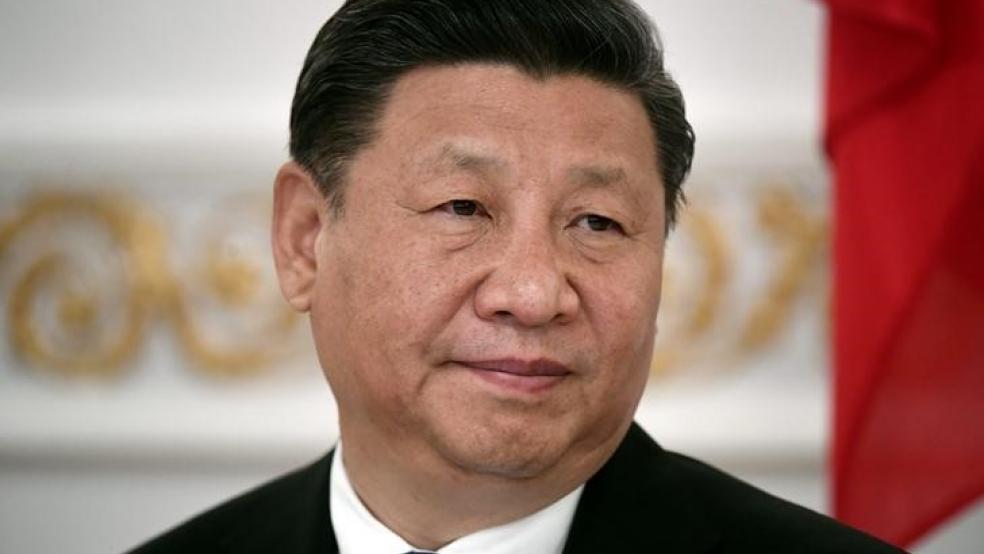The country's leaders have pledged to shift the emphasis to addressing financial risks and asset bubbles which analysts say pose a threat to the world's second-largest economy if not handed well.
"Financial security is an important part of national security and an important basis for the steady and healthy development of the economy," Xi was quoted by Xinhua as saying.Xi's remarks were made during a group study session for members of the politburo, a top decision-making body of the ruling Communist Party.They follow a series of measures to more closely regulate the banking and insurance sectors amid concerns of rising risks in the shadow banking industry. "China's financial development is facing many risks and challenges due to the influence of international and domestic economic factors," Xi said, adding that the country's financial risks are still under control.The spill-over effect from monetary and fiscal policy adjustments in other countries could have an impact on China's financial security, Xi said, without elaborating.China must ward off systemic financial risks, and regulators must strengthen financial supervision and increase coordinated oversight of major financial institutions, he said.Authorities will crack down on debt evasion and control financial-sector leverage, he added. At the session, central bank governor Zhou Xiaochuan and top officials of the country's banking, securities and insurance regulators pledged to take steps to maintain financial security, according to Xinhua. No further details were given.China's credit growth has been "very fast" by global standards, and without a comprehensive strategy to tackle the overhang, there is a growing risk it will have a banking crisis or sharply slower growth or both, the International Monetary Fund warned late last year.In particular, analysts have been worried about a overheating property market and the risk of a price crash as local governments roll out ever tougher cooling measures.While the central bank has gingerly raised short-term rates recently to contain financial risks and encourage companies to deleverage, economists expect authorities will move cautiously to avoid hurting economic growth. (Reporting by Beijing Monitoring Desk and Kevin Yao; Editing by Simon Cameron-Moore and Kim Coghill)China's President Xi calls for increased efforts to maintain financial security: Xinhua

Lehtikuva Lehtikuva



